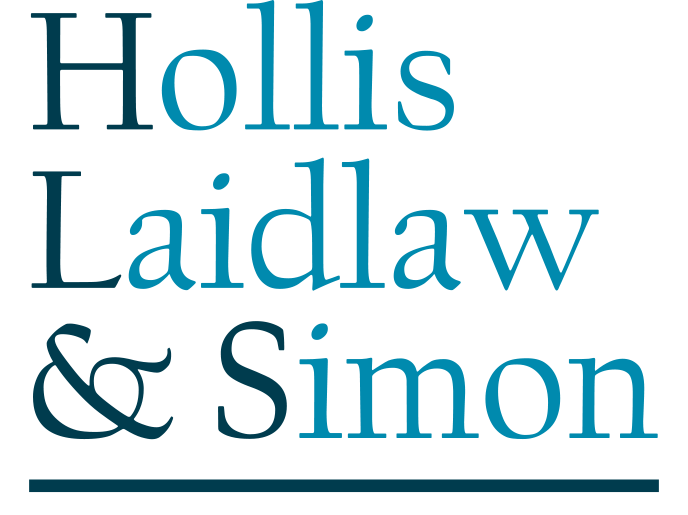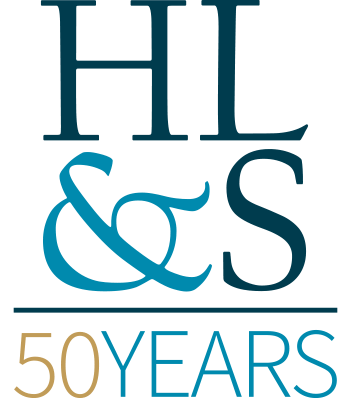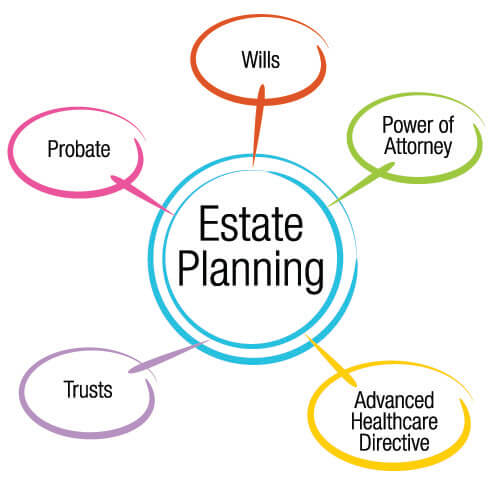If there’s one thing that partner Moira Laidlaw tells all of her estate planning clients, it’s that planners win. “The law is complicated, and implementing a really good estate plan could save a family hundreds of thousands, if not millions, of dollars and always justifies the costs associated with the planning.”
While this is true for all clients, the time for high-net-worth individuals to protect their wealth is now. “We have this unique opportunity to save clients $3 to $6 million in estate taxes if they act before the end of 2025,” explained Laidlaw. “Without proper estate planning, a significant portion of the wealth that an individual has amassed over a lifetime may be lost to federal and state taxes. But with proper planning, individuals can maximize the amount that they leave to their heirs.”
Currently, an individual’s estate is exempt from paying federal estate tax unless they have assets exceeding $12.06 million. But that exemption is slated to go down to $6 million at the end of 2025. “The law is set to sunset,” said Laidlaw. “Right now, we are helping clients who have more than $6 million in assets take advantage of the current exemption before it is lost.”
Laidlaw explains that currently, if an individual makes a lifetime gift before the end of 2025, that gift will be sheltered under the $12.06 million exemption and not be brought back into their taxable estate. But once the exemption is reduced, if that gift exceeds the exemption amount then in effect, it will be subject to a gift tax. “So timing is crucial,” she said.
Laidlaw and her Trusts & Estates team are adept at employing several strategies for protecting their clients’ wealth. For a single person who has greater than $6 million in assets, the firm may help establish a lifetime gifting plan. For married couples who are tax-exempt beneficiaries of each other, the firm will often create spousal lifetime asset trusts (SLATS), which each partner can fund with $12 million apiece.
By establishing lifetime gifting plans and trusts for their clients, Hollis Laidlaw & Simon also helps New York residents avoid the state’s treacherous estate tax law, known as the estate tax cliff, which mandates that if a resident’s estate is worth over $6.11 million, the exemption starts to be phased out. If it is over $6.71 million, they lose the exemption altogether and are taxed from dollar one.
For clients who live in New York, gifting plans are the first measure Laidlaw advises to protect their wealth, since the federal government allows an annual exclusion amount of $16,000 to be gifted to any number of people, and the state does not regulate lifetime gifting. “$16,000 gifts are the low-hanging fruit,” said Laidlaw. “We’re always telling clients, the first thing you do is figure out how to use the annual exclusion gifting ability each and every year.” Also, gifts above that amount under New York law will not be taxed in our clients’ estates, as long as the client survives the gift by three years. “So it’s vitally important to plan ahead to manage the New York cliff, and just a further illustration of why planners win,” said Laidlaw.
The firm is equally experienced at navigating tax planning for their clients who reside in Connecticut. This jurisdiction does regulate lifetime gifting, with a current exemption of $9.1 million and no estate tax cliff.
In addition to traditional tax planning, Laidlaw works closely with Managing Partner David Simon on the corporate end of wealth transfer strategies for family businesses and closely-held companies. Simon evaluates their clients’ corporate agreements, identifies shareholders, and ensures that the corporate books align with the current tax filings. “Then the Trusts & Estates team develops the strategies to protect as much wealth as possible from being taxable to the next generation,” explained Laidlaw.
If a client plans to sell their company, Laidlaw urges them to address succession planning before closing the deal. “Most business owners will come to the estate planning lawyer’s office once they’re done with the transaction; but it should be the reverse,” said Laidlaw. “We can get a lower valuation when we gift part of that company’s corporate interests to a trust for the benefit of descendants, and much of that increase in value upon a later sale then escapes taxation for the next generation.”
As a small business owner herself, Laidlaw understands the importance of protecting her clients’ assets from unnecessary taxation. “Business owners have paid a tremendous amount in income taxation of company earnings over the years,” she said. “And then to see that also get taxed at a 40 percent federal level and up to 16 percent at the New York state level or 12 percent at the Connecticut state level, it’s really heartbreaking.”
The attorneys at Laidlaw & Simon are passionate about protecting their clients’ assets for the next generation, preserving their wealth, and minimizing taxes. “We care deeply about our clients’ Trusts & Estates matters, and we are uniquely skilled at doing this kind of sophisticated tax planning work for them.”






